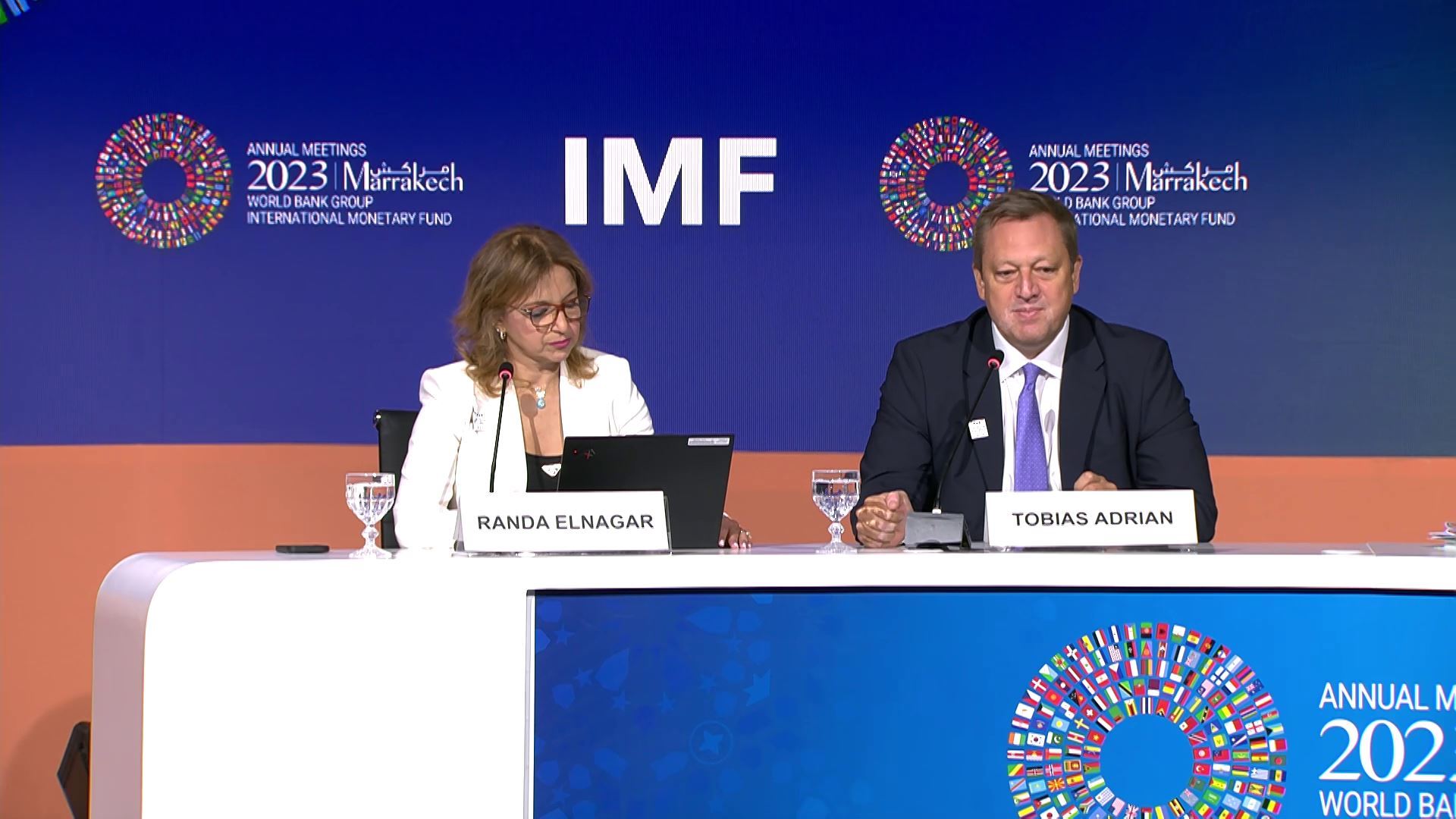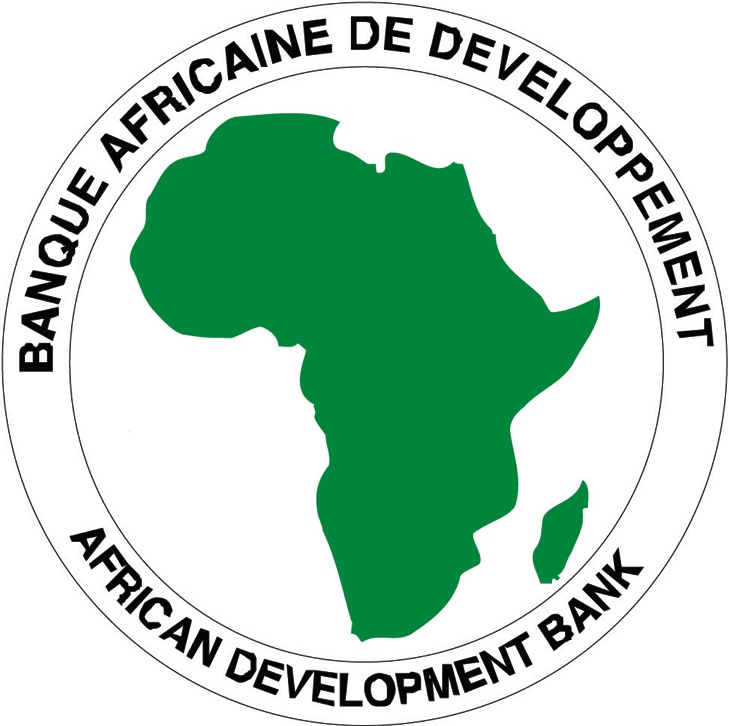Tobias Adrian, Director of Monetary and Capital Markets Department within the International Monetary Fund (IMF) emphasized the resilience of the Moroccan economy and its “impressive performance” in the aftermath of the earthquake that his central Morocco on September 8.
The remarks were made during the presentation of the IMF global report on financial stability on Tuesday, October 10, on the sidelines of the Annual Meetings of the World Bank (WB) and the IMF in Marrakech.
Tobias Adrian, praised the resilience of the Moroccan economy in the face of various shocks in recent years, pointing out that this resilience reflects “the strength of the economy and the financial system in Morocco,” and that the Kingdom “has demonstrated an impressive economic performance, especially during the earthquake.”
“We have been working closely with the authorities in Morocco since this tragedy. A resilience and sustainability fund was established this year to better prepare for various climate change risks,” Tobias Adrian said.
Overall, the IMF official noted that most economies have absorbed the aggressive tightening of monetary policy adopted in the past two years to address rising inflation by demonstrating resilience.
“Central banks around the world have initiated the most significant series of interest rate hikes in decades during their two years of fighting inflation, and they may not be done yet. Policymakers have raised rates by about 400 basis points on average in advanced economies since late 2021, and about 650 basis points in emerging market economies,” he emphasized.
In addition to the inflation risk, one of the warning signs identified by the IMF is the decrease in the capacity of borrowers, both individuals and companies. “Making debt more expensive is an intended consequence of tightening monetary policy to contain inflation. The risk, however, is that borrowers may already be in a precarious financial situation, and higher interest rates may exacerbate these vulnerabilities, leading to an increase in defaults,” Tobias Adrian explained.



